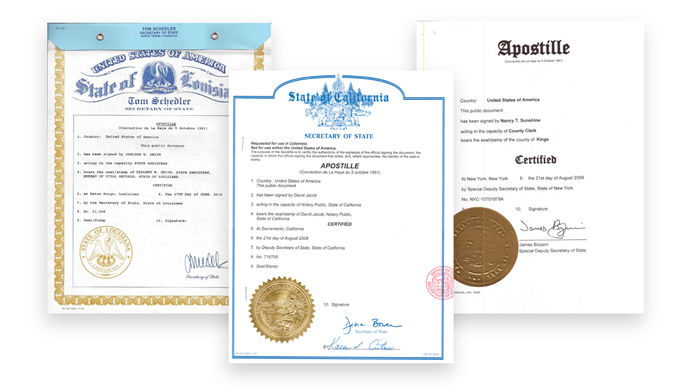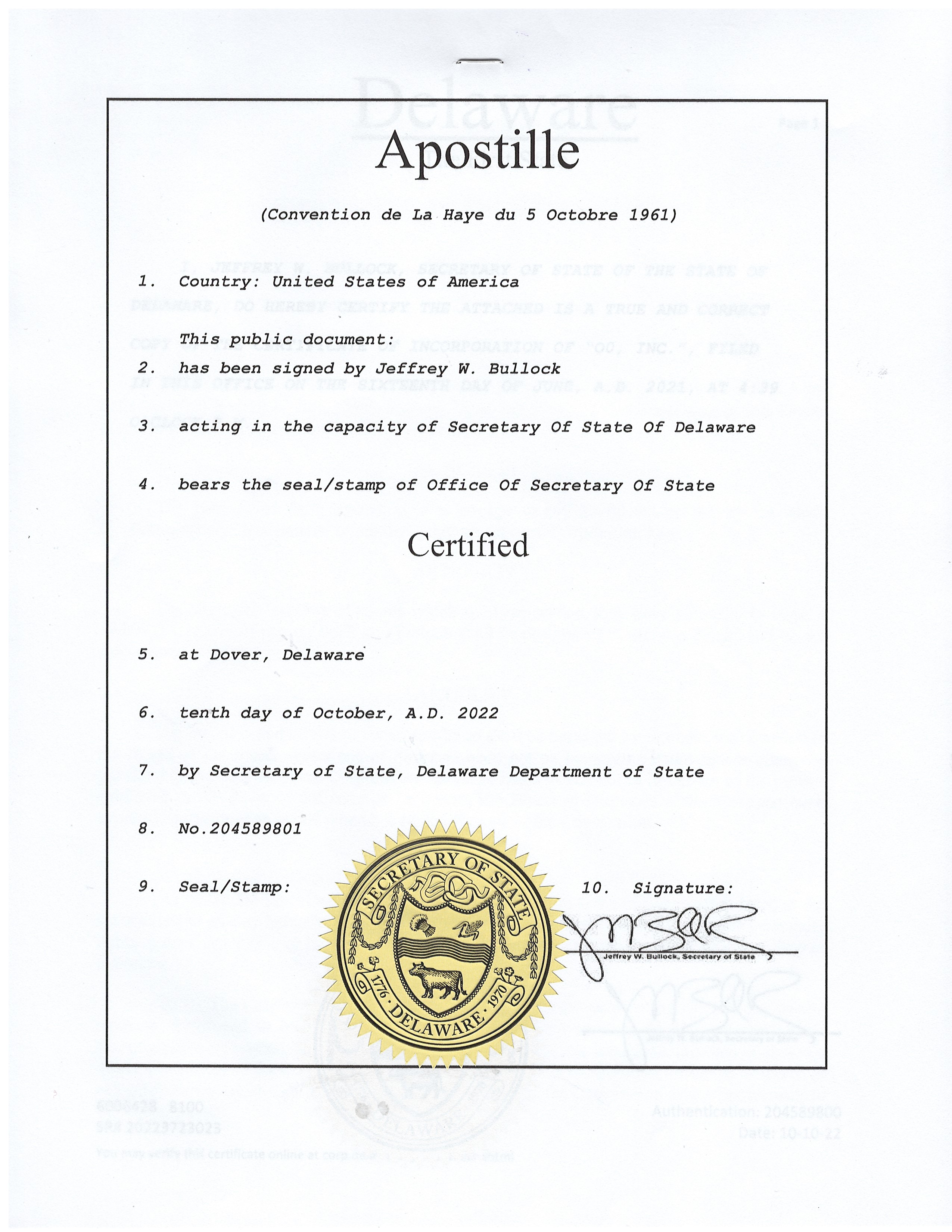Trusted Apostille Providers in Houston, Texas - Fast Turnaround
Trusted Apostille Providers in Houston, Texas - Fast Turnaround
Blog Article
Looking Into the Factors Behind the Obligatory Requirement of Apostille Certification for Legal Documents
In the realm of legal documentation, the mandatory requirement of apostille qualification has become an essential aspect that significantly affects the legitimacy and acknowledgment of lawful papers on a global range. Comprehending the reasoning behind this necessity includes diving right into the complex internet of legal complexities, historic precedents, and worldwide contracts that underscore the importance of apostille qualification in today's interconnected globe. By checking out the underlying reasons behind this widespread demand, a clearer picture emerges of why this seemingly bureaucratic procedure holds such tremendous importance for federal governments, individuals, and organizations alike.
Historic Advancement of Apostille Accreditation
Just how did the idea of apostille accreditation develop over time to end up being an important part of international file validation? The demand for a simplified method of verifying files for usage throughout borders became obvious as global profession and travel increased.
Initially taken on by a few European countries, the Apostille Convention progressively obtained international approval as a result of its efficiency and effectiveness in confirming the authenticity of main papers. Throughout the years, the convention's reach increased as more nations joined, recognizing the apostille as a generally approved kind of record verification. Today, apostille qualification has actually ended up being a standard need for validating legal papers in global purchases, ensuring smooth interaction and legal process in between countries.
Simplifying International Paper Legalisation
The streamlining of worldwide document legalization procedures has dramatically boosted performance in cross-border purchases. Simplifying the procedure of legalizing files for international use has come to be essential in helping with swift and seamless transactions in between nations. One of the key devices that have added to this simplification is the adoption of the Apostille Convention, which provides a standardized approach for verifying the credibility of papers across getting involved countries.
By adhering to the Apostille requirements, nations accept identify each other's public files as legitimate without the requirement for further legalization. This eliminates the prolonged and frequently cumbersome process of multiple authentications by different authorities, conserving time and sources for individuals and companies engaged in global activities.

Ensuring File Authenticity and Validity
To guarantee the credibility and legitimacy of lawful papers in international purchases, stringent confirmation procedures are vital - Houston Apostille. Legal documents play an important duty in cross-border transactions, and guaranteeing their authenticity is extremely important to support the stability of such transactions. By calling for apostille accreditation for lawful documents, authorities intend to authenticate the origin of papers and validate the trademarks of people involved. This procedure helps stop fraud, misrepresentation, and various other negligences that might endanger lawful procedures or worldwide contracts.
In addition, confirming the authenticity of legal files through apostille certification improves count on and self-confidence among parties engaging in international purchases. Ultimately, by supporting strict confirmation requirements, apostille accreditation adds to a more transparent and safe global lawful framework.

Promoting Cross-Border Legal Recognition
In the world of global transactions, the apostille accreditation not just ensures the authenticity and credibility of legal records but likewise plays an essential duty in promoting cross-border legal recognition (Houston Apostille). When lawful documents birth an apostille certification, they are easily approved by international authorities without the need for more verification. This streamlined process speeds up the acknowledgment of documents in various countries, advertising performance and lowering bureaucratic difficulties in lawful issues that transcend national boundaries
Helping with cross-border legal recognition via apostille qualification fosters trust fund and confidence in the authenticity of files exchanged in other between countries. This recognition is particularly crucial in situations such as global business deals, fostering processes, or legal process entailing parties from different territories. By sticking to the requirements set forth by the Apostille Convention, countries consent to honor the apostille seals affixed to records from various other participant nations, thus streamlining the process of lawful acknowledgment throughout boundaries. Eventually, the apostille accreditation functions as an essential device in advertising smooth international lawful cooperation and guaranteeing the smooth procedure of cross-border transactions.
Compliance With International Treaty Criteria
Compliance with worldwide treaty criteria is critical for guaranteeing the uniform application of legal policies throughout taking part countries. The Apostille Convention, established in 1961, describes the read here needs for the approval of public records amongst participant countries.
The Apostille accreditation, as mandated by the treaty, works as a warranty of authenticity for papers such as birth certifications, marital relationship licenses, court judgments, and notarized actions. This standardized strategy aids avoid fraud and ensures that lawful papers originating from one member nation are readily approved in an additional. Furthermore, by following worldwide treaty criteria, countries show their dedication to upholding the concepts of transparency, trust, and participation in lawful matters on a global range.
Final Thought

In the world of lawful paperwork, the required requirement of apostille accreditation has come to be an essential facet that dramatically affects the validity and recognition of legal papers on an international scale. Today, apostille certification has become a basic need for confirming legal documents in international transactions, ensuring smooth interaction and lawful process between have a peek at these guys nations.
In addition, validating the credibility of legal papers through apostille certification boosts count on and self-confidence among events engaging in international deals.In the world of global purchases, the apostille accreditation not only makes sure the authenticity and validity of legal papers but additionally plays a pivotal duty in facilitating cross-border lawful recognition. By sticking to the criteria set forth by the Apostille Convention, countries concur to honor the apostille seals affixed to documents from various other participant nations, therefore streamlining the procedure of legal acknowledgment throughout borders.
Report this page